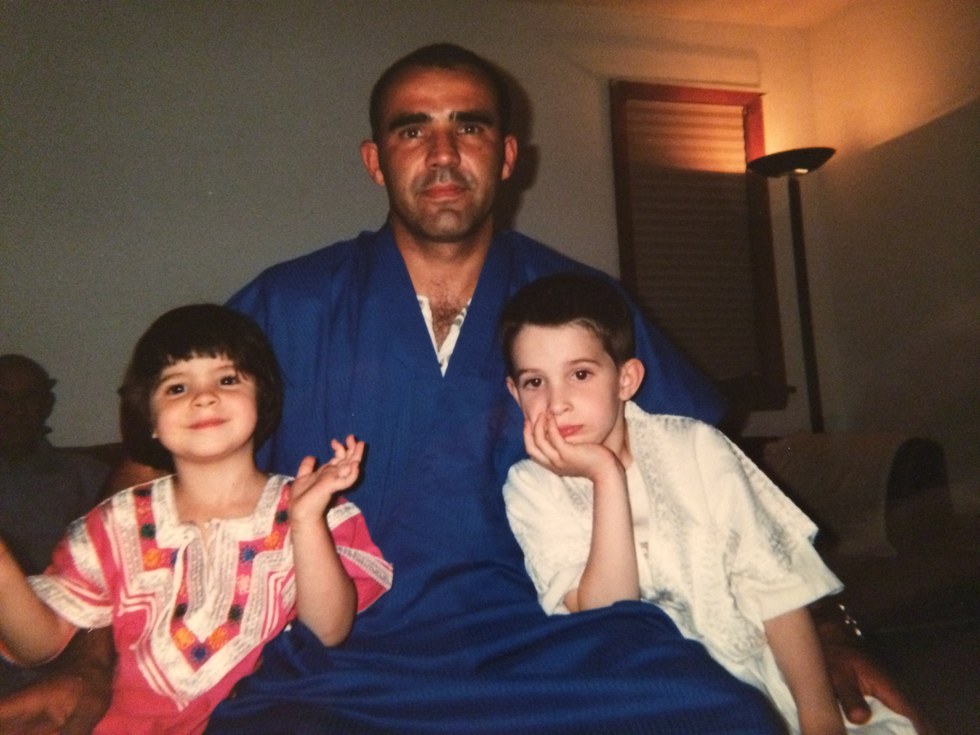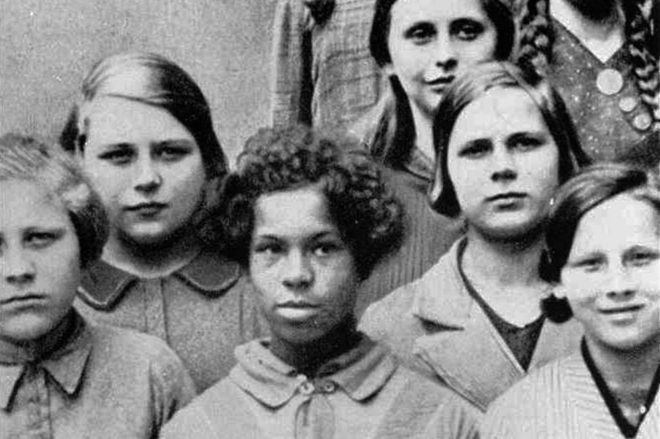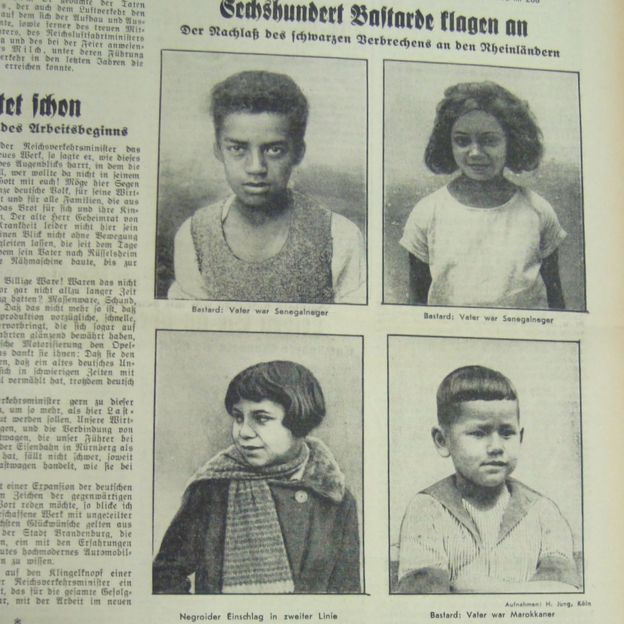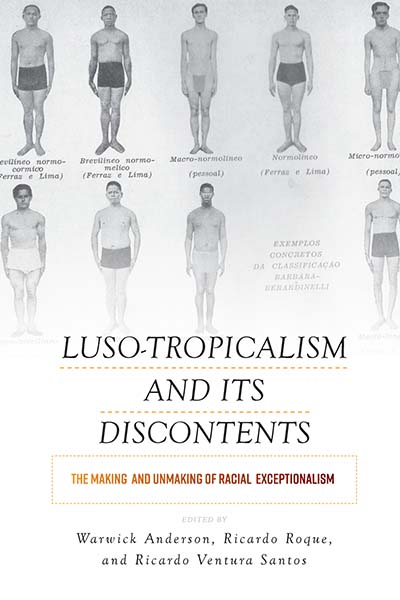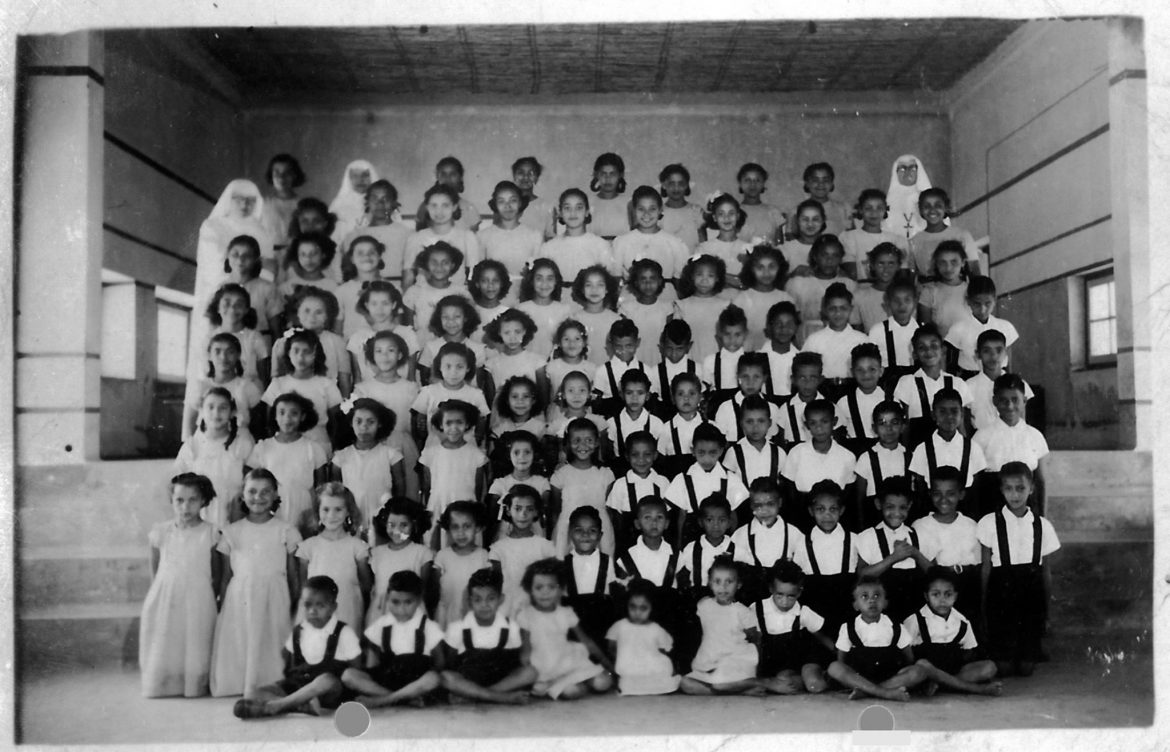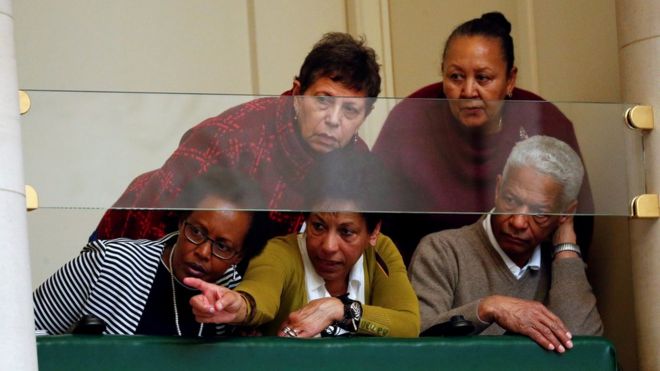The mixed race Irish kids who feel like outsidersPosted in Articles, Census/Demographics, Europe, Identity Development/Psychology, Media Archive on 2019-07-14 01:39Z by Steven |
The mixed race Irish kids who feel like outsiders
RTÉ
2019-07-08
Patti O’Malley, Associate Researcher in the Sociology Department
University of Limerick, Limerick, Ireland
 “It seems that these young people are neither Irish in Ireland nor African in Africa“ |
Opinion: That Irish citizens feel like outsiders in the land of their birth on the basis of skin colour remind us that the issue of race is alive and well
“Ireland is a white country – there’s black people in it – but it’s not like there should be black people – it is a white country.” This is the voice of Colum (not his real name), a 12 year old mixed race Irish boy who was born and raised in Ireland to a white Irish mother and a black African father.
As we can note from Colum’s perspective, he seems quite resigned to the notion that Irish identity and whiteness go hand-in-hand and black people are not allowed to stake a claim to Irish identity because of this. In stark terms, black people may be “in” but never “of” the country. In order to be regarded as truly Irish, one must be racially defined as white. Indeed, like several other mixed race (i.e. black African/white Irish) young people aged 4 to 18 that I interviewed as part of a research study, Colum has stated his intention to go “back” to Africa to live when he is older.
Although occupying the official status of Irish citizen (and holding Irish passports), these mixed race young people are not actually recognised as Irish. As they go about their everyday lives, whether at the bus stop or in the supermarket queue, these young people report feeling subject to scrutiny with comments like “how do you like it here?” or, perhaps most strikingly “but, where are you really from?”…
Read the entire article here.

